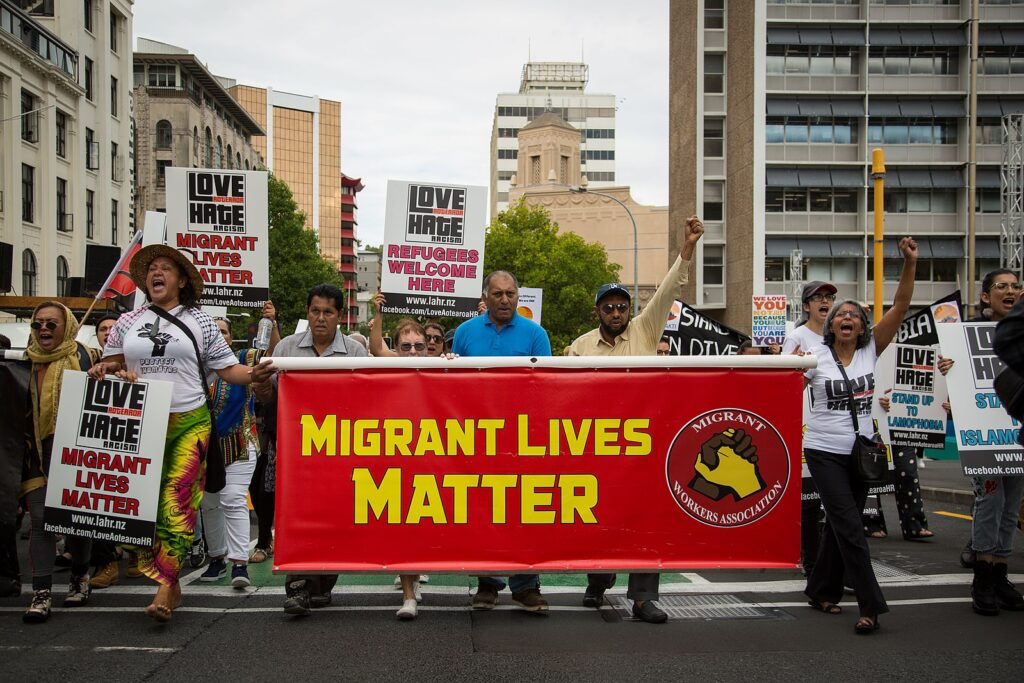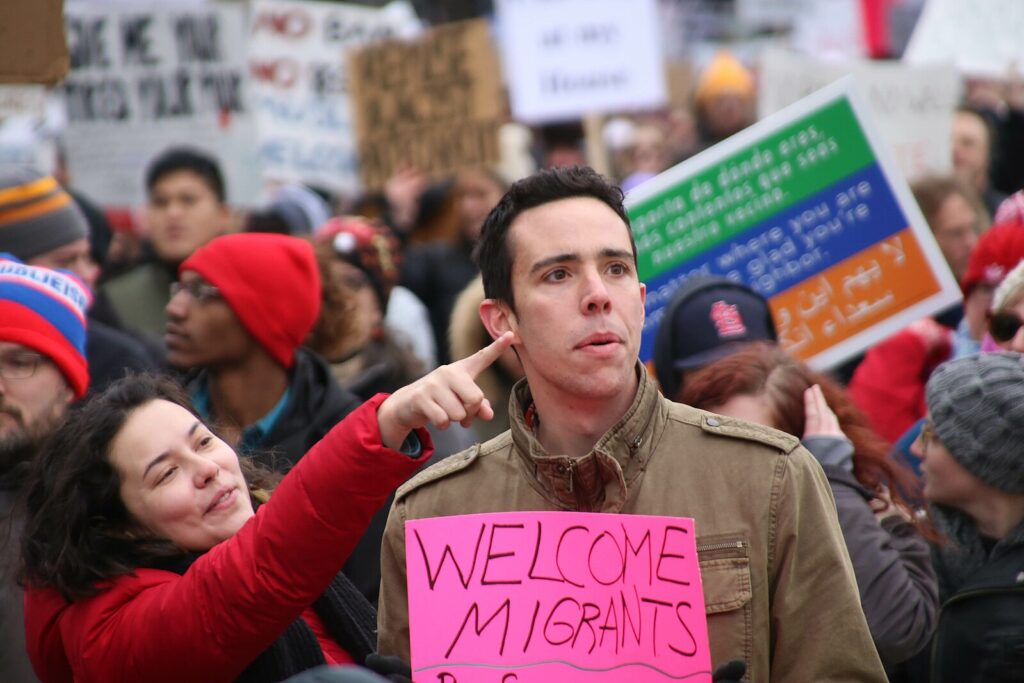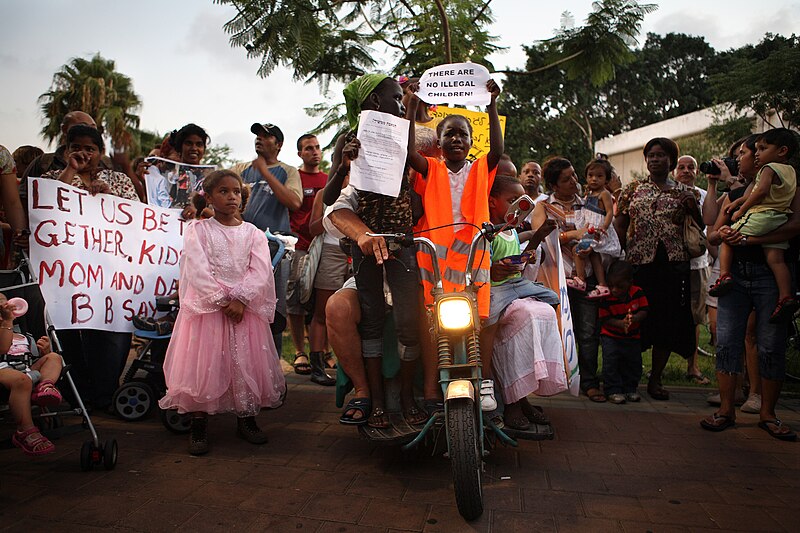Through this research cluster, the ACSRM aims to enhance understanding of the challenges of effectively enforcing international human rights instruments about migrants and continental and regional frameworks and ways to ensure the domestication of these instruments and harmonization between national and international instruments.

Rising racism, discrimination, and antimigrant sentiment are significant challenges to the promotion and protection of migrants’ rights. African migrants increasingly face inhumane treatment, notably irregular migrants, on their risky journeys, enduring violence, suffering, persecution, and the violation of their human rights and dignity. These human rights violations need to be further documented and understood. It is also crucial to know how African migrants cope with racism, discrimination, and antimigrant sentiment, overall human rights violations and suggest policy recommendations to promote and protect the rights of African migrants.

The treatment of African migrants in migration policies in transit and destination countries, in the international media, and other platforms, and the ensuing stigmatization, misleading narratives, racism, and discrimination show the need to understand the human rights violations confronting African migrants by considering a multi-sites and multipronged approach.

The ACSRM will provide an in-depth understanding of the migration and human rights nexus by examining how human rights violations constitute breeding grounds for migration. It scrutinizes the human rights violations facing African migrants in the context of migration (within and from Africa). Development, peace, human rights, and security challenges are intertwined and represent the root causes of internal and international migration. Therefore, it is essential to understand Africa’s migration through a human rights-based approach. It is also crucial to adopt a human rights-based approach to migration governance and consider the migration, human rights, and development nexus.

The ACSRM aims to deepen understanding of the centrality of human rights as a critical driver of migration and a fundamental dimension in the migration process. The ACSRM examines how human rights violations impede African migrants’ integration into destination countries, affect their health and well-being, and hinder their potential to contribute to developing their country of origin.

The ACSRM will also scrutinize the challenges for promoting and protecting African migrants’ human rights and the racism, antimigrant sentiment, xenophobia, and discrimination they increasingly face in transit and destination countries. Addressing human rights challenges during the migration process is fundamental to ensuring migrants’ health, well-being, and human dignity; strengthening migration governance and the positive contribution of migrants in origin, transit, and destination countries; and overall promoting fair, orderly, and regular migration per the international instruments related to migration (relevant UN Conventions related to migration, Global Compact on Migration). The State’s sovereign right to manage its borders and the exit and entry to its national territory should not conflict with the fundamental need to ensure the human rights and dignity of migrants.





